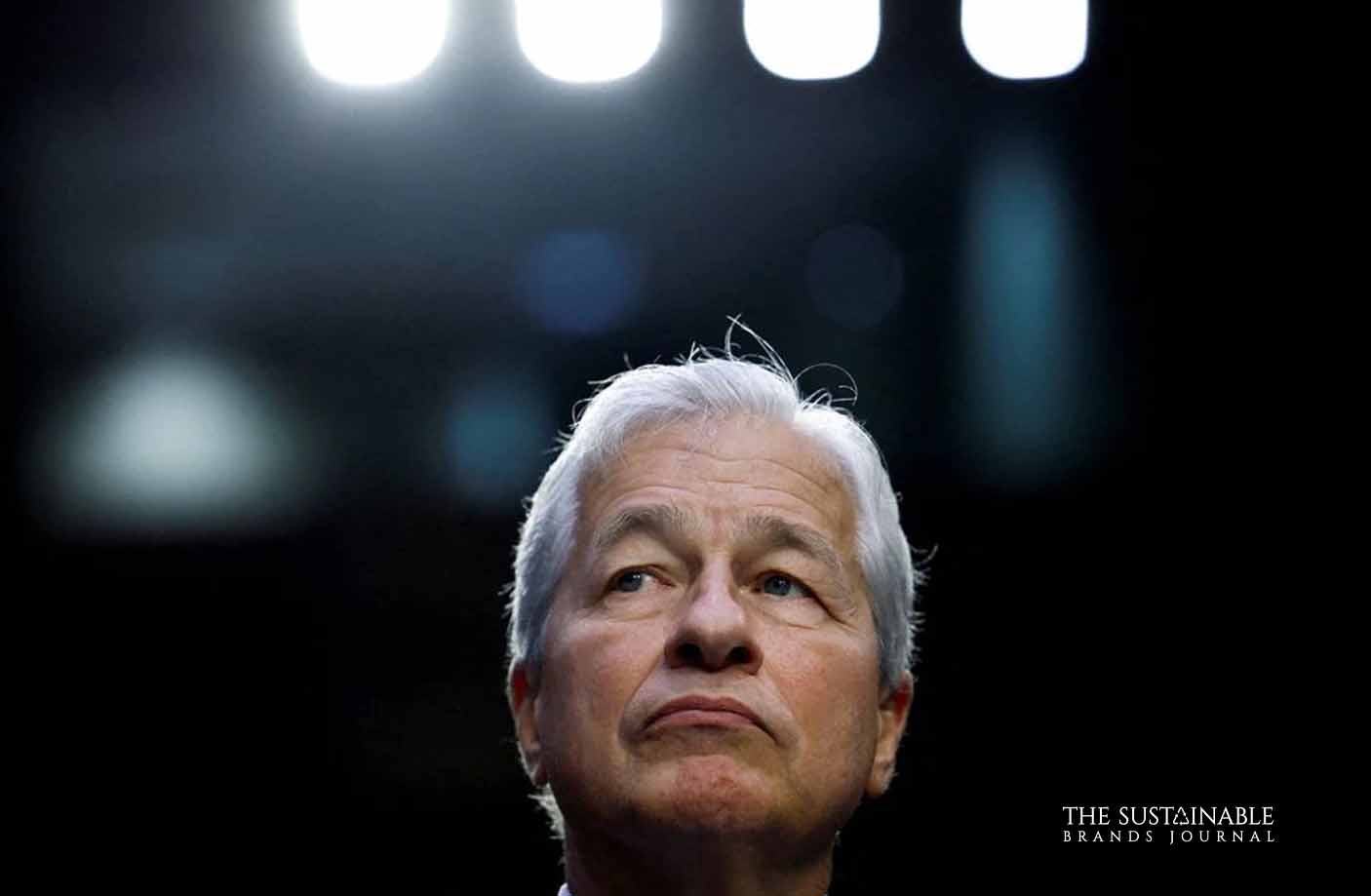EU Aims to Avoid Summit Conflict on Phasing Out Combustion Engines
At the upcoming two-day summit in Brussels starting on Thursday, diplomats from EU countries aim to avoid a dispute among their leaders regarding the bloc’s plan to phase-out of combustion engines. While the official summit agenda covers a range of topics such as migration and providing ammunition to Ukraine, issues that are of particular interest to France and Germany are overshadowing the talks.
The EU’s flagship law to end sales of new cars emitting CO2 by 2035 has been stalled by last-minute opposition from Germany, jeopardizing part of the bloc’s plan to achieve net zero emissions by 2050. This unexpected objection to previously agreed legislation by EU countries and lawmakers last year has raised concerns among some EU officials that it could impact political agreements on other major laws. France is leading an effort before final negotiations next week to have nuclear energy-based fuels included in the EU’s renewable energy targets.
Combination of Eco-Friendly Energy Source
Denmark, Germany, and Spain are in opposition to the integration of nuclear energy into the law, arguing that it would impede efforts to expand renewable energy sources like wind and solar. These contentious issues are not officially on the summit agenda, and some EU diplomats are hoping to avoid a formal debate on them. A senior EU diplomat expressed confidence that a result will be reached in the next seven to ten days, although it is unlikely that a decision will be made at the summit, as EU leaders must make decisions unanimously and one country can veto a deal. As such, escalating the car CO2 debate to leaders would be futile, according to an anonymous EU diplomat. The German Transport Ministry and the European Commission are currently in discussions, with the former requesting that new combustion engine cars running on e-fuels be allowed to be sold after 2035, a request backed by some sectors of Germany’s influential car industry.
According to a German government official on Wednesday, the talks have been “very constructive,” but the matter will not be addressed at the EU summit. The EU heads of state and government will, however, discuss a reform of the EU electricity market on the second day of the summit, with the goal of avoiding severe price spikes like those experienced last year when Russia cut gas supplies to Europe. The European Commission proposed the reforms last week, and a draft of the EU summit conclusions suggests that leaders may fast-track the power reforms to reach a deal with the European Parliament by the end of this year. The draft also calls on companies to participate in the EU’s plan to collectively purchase gas as it prepares for the upcoming winter with scarce Russian supplies. Additionally, Greece will propose an EU fund to boost investments in power grids and hasten the transition to clean energy, and improve energy security.

Prachi, an accomplished Chief-Editor at The Sustainable Brands Journal, has 15+ years of experience in Europe, the Middle East, and India, managing 90+ global sustainable brands. She’s a prolific writer in sustainability, contributing to various publications. Prachi’s unwavering passion and expertise make her a recognized authority, driving positive change and inspiring a sustainable future.





